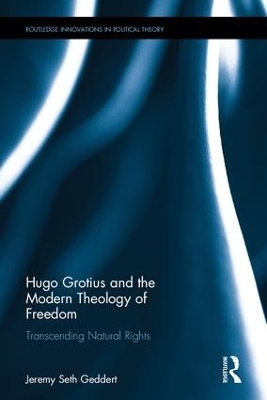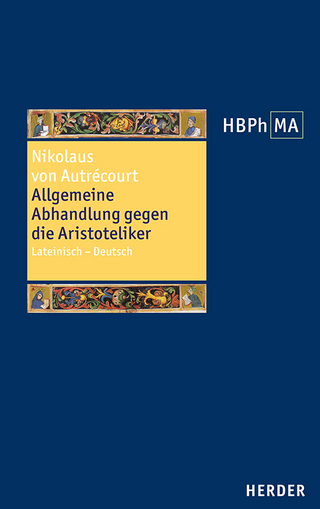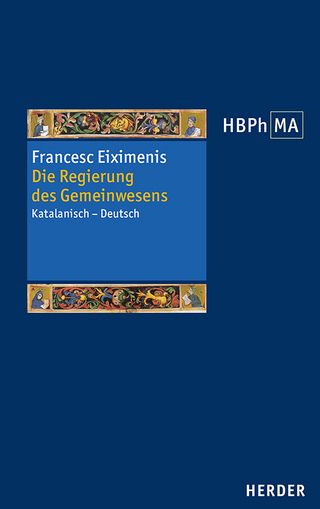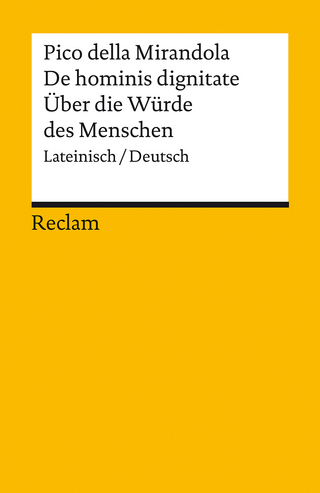
Hugo Grotius and the Modern Theology of Freedom
Transcending Natural Rights
Seiten
2017
Routledge (Verlag)
978-1-138-69594-8 (ISBN)
Routledge (Verlag)
978-1-138-69594-8 (ISBN)
Human rights are thought to guarantee pluralism by protecting individual liberty from imposed religious conceptions of virtue. Yet critics often argue that this secular focus on merely avoiding violations can also enable unfettered individualism and undermine appeals to the common good.
This book uncovers in secular rights pioneer Hugo Grotius a rights theory that points toward the enlargement of individual responsibility. It grounds this connection in Grotius’ unexplored theological corpus, which reveals a dual metaethics and jurisprudence. Here a deontological natural law undergirds a secular theory of rights that is self-aware of its own limitations. A teleological practical reason then guides the exercise of these rights, so as not to compromise the political order that defends them. The book then illustrates this symbiosis of rights and responsibilities in five areas: consent theories of government, rights of rebellion, criminal punishment, war and international responsibility, and Atonement theology. This reassesses Grotius’ legacy as a secularist opponent of classical political thought, and suggests that modern liberalism and universal human rights are compatible with a world of resurgent religion.
This book uncovers in secular rights pioneer Hugo Grotius a rights theory that points toward the enlargement of individual responsibility. It grounds this connection in Grotius’ unexplored theological corpus, which reveals a dual metaethics and jurisprudence. Here a deontological natural law undergirds a secular theory of rights that is self-aware of its own limitations. A teleological practical reason then guides the exercise of these rights, so as not to compromise the political order that defends them. The book then illustrates this symbiosis of rights and responsibilities in five areas: consent theories of government, rights of rebellion, criminal punishment, war and international responsibility, and Atonement theology. This reassesses Grotius’ legacy as a secularist opponent of classical political thought, and suggests that modern liberalism and universal human rights are compatible with a world of resurgent religion.
Jeremy Seth Geddert is Assistant Professor of Political Science at Assumption College. He has published on natural rights, early modern political thought, religion and politics, and the just war tradition.
1. Grotius and Modern Natural Rights: Beyond A Secular History 2. Natural Right and Natural Rights 3. Two Concepts of Justice 4. The Origins of the State: How and Why? 5. The Bounds of Coercive Authority: Sovereignty and Rebellion 6. Rights and the Responsibility (Not) to Punish 7. Punitive War and International Responsibility 8. Divine Government: Why You Can’t Ever Really Pay For Your Crimes 9. Transcending Natural Rights, or Rethinking the Foundations of Modern Political Secularism
| Erscheinungsdatum | 14.05.2017 |
|---|---|
| Reihe/Serie | Routledge Innovations in Political Theory |
| Zusatzinfo | 3 Tables, black and white |
| Verlagsort | London |
| Sprache | englisch |
| Maße | 152 x 229 mm |
| Gewicht | 476 g |
| Themenwelt | Geisteswissenschaften ► Philosophie ► Philosophie des Mittelalters |
| Geisteswissenschaften ► Philosophie ► Philosophie der Neuzeit | |
| Sozialwissenschaften ► Politik / Verwaltung ► Politische Theorie | |
| ISBN-10 | 1-138-69594-7 / 1138695947 |
| ISBN-13 | 978-1-138-69594-8 / 9781138695948 |
| Zustand | Neuware |
| Haben Sie eine Frage zum Produkt? |
Mehr entdecken
aus dem Bereich
aus dem Bereich
Lateinisch - Deutsch
Buch | Hardcover (2024)
Herder (Verlag)
70,00 €


